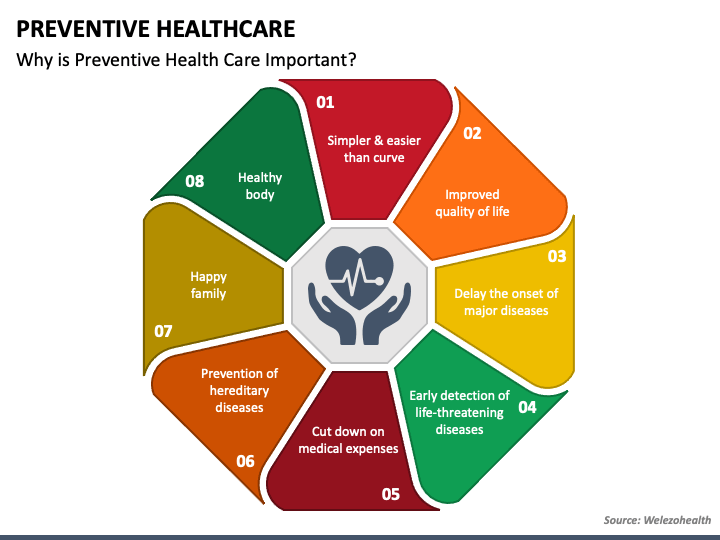Youth Voices in Politics
“`html
The Power of Young Voices: Why Youth Participation in Politics Matters
For too long, political discourse has been perceived as a realm dominated by older generations. While experience undeniably holds value, dismissing the perspectives and potential contributions of young people is not only unfair but also detrimental to the health and future of our democracy. This post will explore why youth participation in politics isn’t just a nice-to-have; it’s an absolute necessity for a vibrant and representative society. We’ll delve into the reasons why younger generations often feel alienated, discuss the benefits of their involvement, outline current challenges, and finally, suggest actionable steps individuals and organizations can take to foster greater engagement.
Why Youth Participation is Crucial
The importance of youth participation in politics stems from several key factors. Firstly, young people are the ones who will inherit the consequences of today’s political decisions. Issues like climate change, national debt, technological advancement, and healthcare reform will profoundly impact their lives far more than they do for older generations. Therefore, their voices *must* be heard when shaping policies related to these issues.
Secondly, younger generations often bring fresh perspectives and innovative ideas that can challenge the status quo. They are generally more attuned to emerging trends and technologies, allowing them to identify opportunities and solutions that might be overlooked by those entrenched in traditional ways of thinking. Innovation thrives on new viewpoints, and politics is no exception.
Thirdly, a lack of youth participation can lead to policies that are out of touch with the needs and concerns of younger demographics. This creates a vicious cycle where young people feel ignored and disengaged, further reducing their willingness to participate. A truly representative democracy reflects the views of *all* its citizens, not just a select few.
Understanding the Barriers: Why Aren’t Young People Involved?
Despite the clear benefits, youth participation in politics remains relatively low compared to older age groups. Several factors contribute to this phenomenon:

- Apathy and Cynicism: Many young people feel that their voices don’t matter or that the political system is corrupt and unresponsive. This cynicism can be fueled by a perception of broken promises, partisan gridlock, and the influence of money in politics.
- Lack of Education & Information: A lack of understanding about how the political system works – from local elections to national policy – can deter participation. Some young people may not feel confident enough to engage if they don’t fully grasp the issues at stake.
- Time Constraints: Balancing school, work, and personal responsibilities leaves many young people with limited time for political engagement. The demands of modern life are considerable.
- Social Media & Misinformation: While social media can be a powerful tool for disseminating information, it also contributes to the spread of misinformation and echo chambers, which can further alienate young people from constructive political discourse. Critical thinking skills are more important than ever in navigating this landscape.
- Feeling Unrepresented: Young people may not see candidates or elected officials who truly understand their experiences and concerns. They might feel that the current political system doesn’t adequately address issues specific to younger generations, such as student debt or affordable housing.
The Benefits of Engaging Young People in Politics
Addressing these barriers is vital because the benefits of increased youth participation are significant:
- More Representative Policies: Increased youth engagement leads to policies that better reflect the needs and priorities of younger generations, addressing issues like climate change, education reform, and economic opportunity.
- Increased Civic Engagement: Encouraging young people to participate in politics at a young age cultivates lifelong civic responsibility and encourages them to become active members of their communities.
- A More Dynamic Democracy: Fresh perspectives and innovative ideas brought by younger generations can revitalize political discourse and lead to more effective solutions to pressing challenges.
- Holding Elected Officials Accountable: An engaged youth population is more likely to hold elected officials accountable for their actions and promises, fostering greater transparency and responsiveness in government.
- Strengthening Democracy’s Foundation: A healthy democracy requires the active participation of all citizens, regardless of age. Youth engagement is essential for ensuring the long-term health and stability of our democratic institutions.
What Can Be Done? Fostering Youth Political Engagement
So, how can we encourage more young people to get involved in politics? Here are some actionable steps:
- Civic Education: Invest in high-quality civic education programs that teach young people about the political system, their rights and responsibilities as citizens, and the importance of participation. This should start early, even in elementary school.
- Make Voting Easier: Streamline voter registration processes, expand access to polling places, and explore options like automatic voter registration to remove barriers to voting for young people. Accessibility is key.
- Promote Youth-Led Initiatives: Support organizations that empower young people to organize events, advocate for policies, and run for office.
- Utilize Social Media Effectively: Leverage social media platforms to disseminate accurate information about political issues and encourage respectful dialogue among young people. Fact-checking and media literacy training are crucial components of this strategy.
- Mentorship Programs: Connect young people with experienced political leaders or activists who can provide guidance, support, and mentorship.
- Highlight Youth Voices: Provide platforms for young voices to be heard in the media and at public forums. Showcase their perspectives on important issues.
- Address Cynicism & Apathy: Create opportunities for young people to engage with political leaders and policymakers directly, demonstrating that their concerns are being heard and taken seriously.
Conclusion: Investing in Our Future
Youth participation in politics is not just a matter of fairness; it’s an investment in our collective future. By understanding the barriers preventing young people from engaging and by implementing strategies to overcome them, we can create a more representative, vibrant, and sustainable democracy for generations to come. Let’s empower young voices and work together to build a political system that truly reflects the will of all its citizens.
The future of our democracy depends on it.
“`



